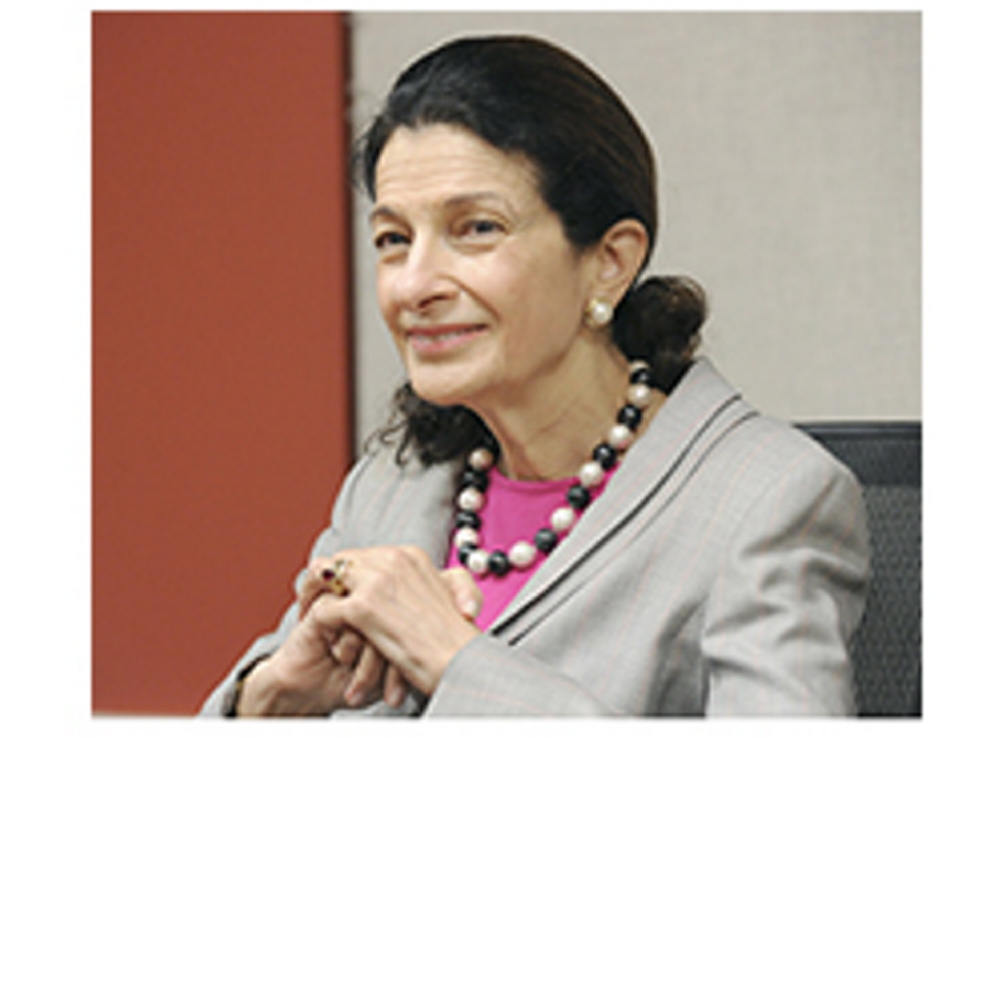We are looking forward to seeing a report to be issued today by the Bipartisan Policy Campaign’s Commission on Political Reform, co-chaired by former Maine Sen. Olympia Snowe. From the preview that Snowe gave to the Bangor Daily News — and based on Snowe’s reputation as a moderate deal-maker — we are encouraged that these proposals could be the basis of much-needed reforms for our polarized political system.
In the days before the report’s release, the proposal that is getting the most attention is Snowe’s comment that she would prefer replacing our current primary system with an “open primary” in which moderates and independents would be able to vote, softening the influence of hard-line partisan activists who dominate that stage of the electoral process.
Open primaries are one way to narrow the field of candidates, but there is a better one: Ranked-choice voting, as it is used in Portland’s city-wide elections, is a better way of achieving the same goal.
two paths
Ranked-choice and open primary systems are both methods designed to elect candidates with broad support, while still giving every interest group a voice. But they differ in several important ways.
In an open primary, candidates from all parties, or no party, appear on the same ballot and voters are asked to pick their top choice. If no candidate is an outright winner, the general election pits the top two vote-getters against each other in a general election, encouraging candidates to move to the center to get the biggest share of the vote.
In a ranked-choice system, a voter goes to the polls during the general election and picks not only a first choice but also a second and a third — ranking as many candidates on the ballot as the voter wants. If no candidate wins outright based on first-place votes, the candidate with the least number of votes is eliminated and his votes are re-allocated to the remaining candidates based on those voters’ second choices, if they have them. This continues until one candidate has more than half the vote and is named the winner.
Both systems help moderate candidates with broad appeal and disadvantage highly partisan or extreme contenders, but we think the ranked-choice system does the job better.
The problem with an open primary is that it’s still a primary. Five months before the election, most voters haven’t tuned in yet and won’t have had the benefit of hearing candidates’ messages honed over long campaigns. Participation in an open primary still could be low. Maine independents can join a party on Election Day and vote in primaries now, but for the most part, they just don’t.
As a result, an open primary could be just as activist-driven as the current primary system, especially since party candidates would have the advantage of organizational support.
better timing
Ranked-choice allows the election to occur at the end of the campaign, when more people are paying attention and the participation is higher. It also has the potential of changing how campaigns are run. In this system, no candidates play exclusively to the party base. Candidates want first-place votes, but they want second-place ones, too, and have less of an incentive to trash their opponents to motivate the true believers.
Electing moderates to Congress is the key to a functional government. Unlike a parliamentary system, where a narrow majority can do what it wants, our system requires compromise. To avoid working with the other side, one party has to win a majority in the House, a supermajority in the Senate and the presidency. In divided government, the only two choices are compromise and gridlock.
We hope that the bipartisan commission’s report will present many ideas about campaign finance policy and legislative rules that will start an important conversation about how send more people to Washington who are interested in cooperating.
When the subject of electoral reform comes up, the proposal for open primaries is a good place to start.
Send questions/comments to the editors.


